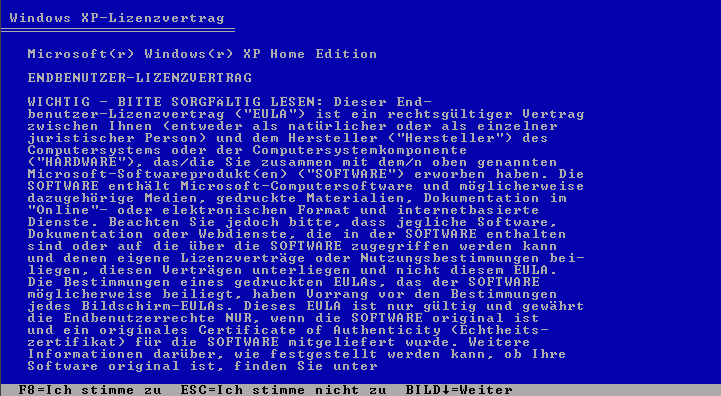
technology trends
Learning, or, Learning How To Learn
One of my most eye-opening early experiences was a tour of a local manufacturing plant during high school. One of our tour guides was a MIT trained engineer who accompanied us, explaining how everything worked. At the end of the tour, he gave each of us a picture of a






